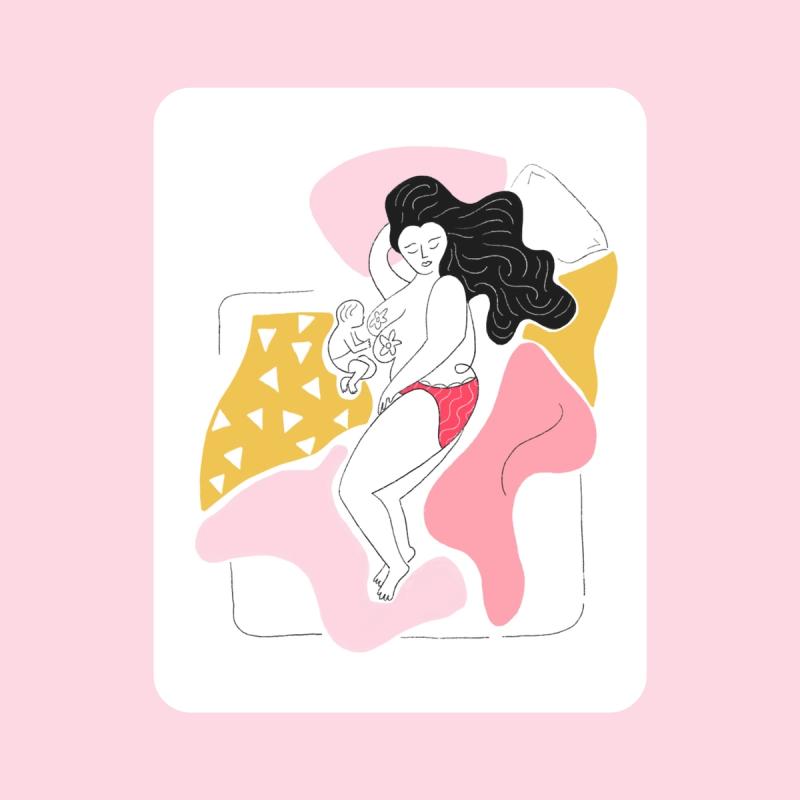The Head Game
For me, prolapse has sometimes been as much a head game as a physical one. I know I’m not alone in that.
You can see that the world is full of colour, movement and energy but you can’t quite reach it. It’s like you’re looking through a filter. You just can’t find the joy.
On a physical level, symptoms of pelvic floor dysfunction can be life changing - whether it’s pain, discomfort, incontinence, constipation or all the above. There are the practicalities of dealing with all of that, often on top of being a new mum, not sleeping and possibly healing from a difficult birth. It’s a lot.
Now add to that the emotional toll. A fear of movement, of lifting, of carrying your baby, of exercise or of dancing around the kitchen. You mourn the loss of the person you were and the running, jumping, care-free mum you imagined you would be. You resent what’s happened. You blame yourself. You feel broken. Betrayed by your body. And you can’t talk about it because it’s all just too shameful and taboo.
It’s not surprising that one study found that women with pelvic floor dysfunction were three times more likely to have symptoms of depression.
You can’t overstate the mental health impact of pelvic floor problems. I’m not sure how many people realise that. In episode 4 of the Why Mums Don’t Jump podcast, I speak to Dr Rebecca Moore, a perinatal psychiatrist and co-founder of the campaign Make Birth Better:
‘I think it’s really often missed and that we don’t give women time and space to talk about how it feels to have these injuries, which I just think is crazy. Because if you’re a 29 year old, 39 year old, whatever-age-you-are woman and suddenly you’re left with a prolapse or incontinence and yet you’re not expected to talk about that or voice that, it’s such a lonely, difficult place to be.’
I am not a medical professional. I don’t have all the answers. But I can tell you that now, six years after my insides went south, I feel much better. Partly because I’ve started talking about it and partly because I’ve found the right support to get me back to exercise. The prolapse is still there, but it doesn’t define me.
I’m not saying you need to tell the world what you’re going through (unless you want to, of course!) but do tell someone. And if you think you might need professional help or support, please don’t be afraid to ask for it. You are not alone.
You can find more support here.
Subscribe to the podcast and follow @whymumsdontjump on Instagram.



